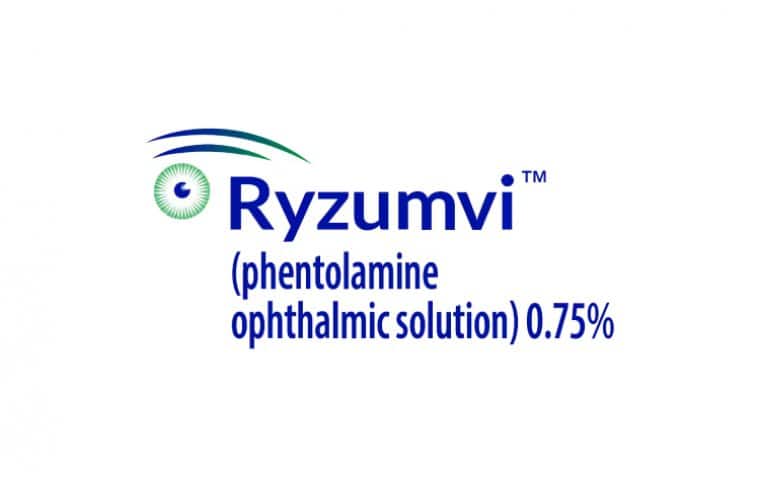FDA Approves Ryzumvi Eye Drops for Reversal of Pharmacologically-Induced Mydriasis: What You Need to Know

The U.S. Food and Drug Administration (FDA) has granted approval for phentolamine ophthalmic solution 0.75%, now known as Ryzumvi, for the reversal of pharmacologically-induced mydriasis (RM). Developed by Ocuphire Pharma and Viatris, this groundbreaking solution aims to mitigate the side effects of eye dilation procedures. Ryzumvi is expected to be commercially available in the U.S. in the first half of 2024.
What is Ryzumvi?
Ryzumvi is an FDA-approved eye drop solution designed to reverse the effects of eye dilation caused by certain medications. This 0.75% phentolamine ophthalmic solution acts specifically on the α1 receptor in the iris dilator muscle. Unlike other solutions, it does not affect the ciliary muscle in the eye. The result is a targeted reversal of pharmacologically-induced mydriasis, which is the medical term for dilation of the pupil.
Why is This a Big Deal?
The Importance of Eye Dilation Exams
Eye dilation is a common procedure, with an estimated 100 million eye dilations occurring each year in the U.S. for routine check-ups, disease monitoring, or surgical procedures. These exams are crucial for early detection of vision-compromising diseases.
Side Effects of Current Dilation Methods
The current agents used for dilation, such as adrenergic agonists or parasympatholytic agents, often result in side effects like sensitivity to light (photophobia) and blurred vision. These side effects can last up to 24 hours, making it challenging for patients to read, work, or drive. The discomfort and inconvenience associated with these side effects can deter people from undergoing these essential exams.
Ryzumvi’s Potential Impact
Ryzumvi has the potential to revolutionize eye care by significantly reducing these side effects. Clinical trials have shown that Ryzumvi can return dilated eyes to their baseline pupil diameter as quickly as 60-90 minutes post-dilation, without compromising safety.
Safety Information and Adverse Reactions
Who Should Avoid Ryzumvi?
If you have active eye inflammation, such as iritis, you should avoid using Ryzumvi. Iritis is an inflammation of the iris, the colored part of your eye, and using Ryzumvi in such cases could worsen the condition.
Precautions for Contact Lens Wearers
If you wear contact lenses, you should remove them before using Ryzumvi and wait at least 10 minutes after applying the drops before reinserting your lenses. This is to ensure that the solution doesn’t interact negatively with the material of the lenses.
Common Side Effects
Some people may experience discomfort at the site where the drops are applied (16% of trial participants), redness in the whites of the eyes (12%), and an unusual taste in the mouth (6%). These side effects are generally mild and temporary.
Clinical Trials
Ryzumvi’s FDA approval came after a series of important tests called clinical trials. These trials involved over 1,100 people, and more than half of them were treated with Ryzumvi.
Key Trials
Two main trials, known as MIRA-2 and MIRA-3, were especially important. They had 553 participants ranging from 12 to 80 years old. These people had their eyes dilated, and then some were given Ryzumvi while others got a placebo (a treatment with no active ingredients). The results showed that Ryzumvi helped eyes return to normal size much faster than the placebo.
Safety Checks
The trials also confirmed that Ryzumvi is safe to use. It was well-tolerated by people of all ages, including kids as young as 3 years old.
Looking Ahead: The Future of Eye Care with Ryzumvi
While Ryzumvi offers a promising solution to the drawbacks of eye dilation procedures, it’s important to remember that the product will not be available until the first half of 2024. Until then, the doctors at Compton Eye Associates and patients alike can look forward to a future where eye exams are both effective and comfortable.
References
- Ocuphire Pharma and Viatris announce FDA approval of RYZUMVI
- Wilson FA, Stimpson JP, Wang Y. Inconsistencies exist in national estimates of eye care services utilization in the United States. J Ophthalmol. 2015;2015:435606.
- Ocuphire announces FDA acceptance of new drug application